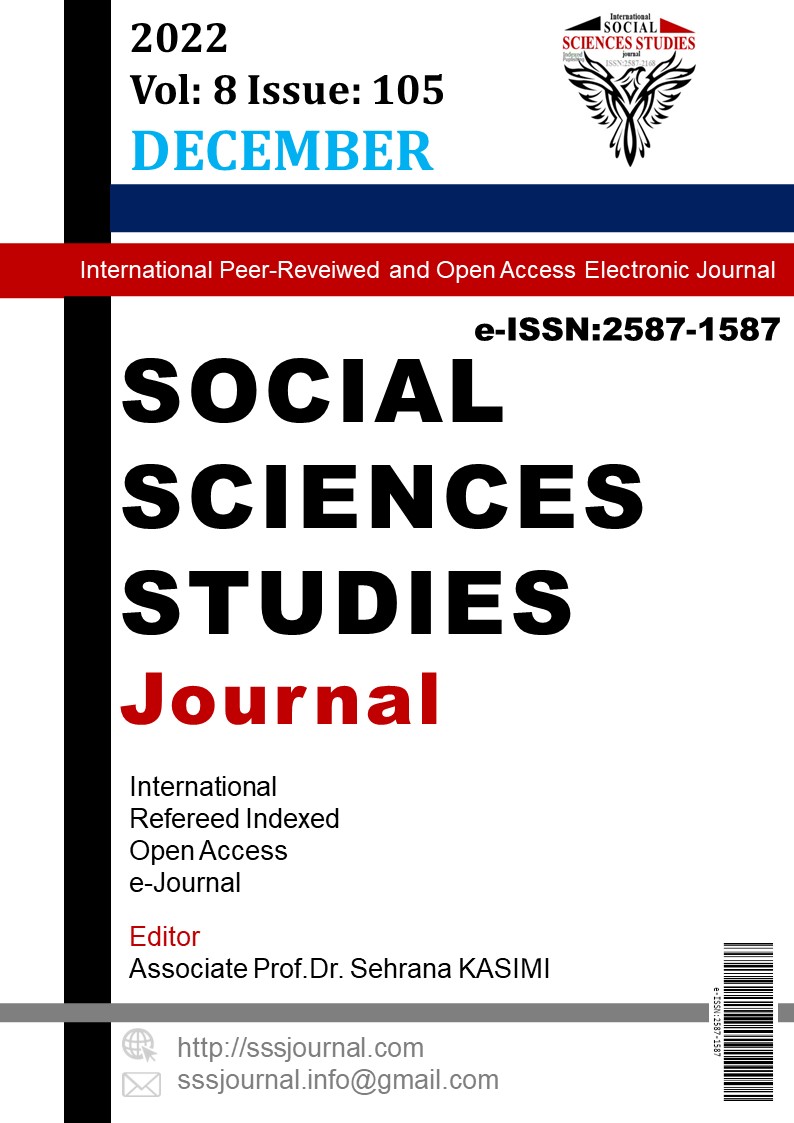Author :
Abstract
Modern Mısır romanının şekillenmeye başladığı 20. yüzyılın ilk yarısından itibaren meydana gelen ürünler, kısa bir süre biçim ve içerik bakımından Batılı karakter taşısa da milli renklere kavuşması uzun sürmemiştir. Kendi sorunsalından beslenen ve kendi insanını karakterize eden Mısır romanı sosyal ve siyasî hayatı anlama ve açıklamada büyük anlam taşır. Gerçekçiliğin moda akım olduğu dönemlerde romanın kullandığı belgeleme yöntemi, toplumsal yapıdan beslenerek kurguladığı hikâyelerdeki içerik edebiyat sosyolojisi okumalarında temel teşkil etmiştir. Tevfîk el-Hakîm’in 1937 yılında yayınladığı ve 1929 ile 1934 yılları arasında, kırsalda savcı yardımcısı olarak çalıştığı sırada edindiği izlenimlerden yola çıkarak kaleme aldığı Yevmiyyât Nâib fî’l-Eryâf adlı eseri suç, adalet ve iktidar kavramlarına yaptığı vurgu ile öne çıkmaktadır. Çalışma romanı bu perspektiften okuyarak sosyal ve siyasî şartların gölgesinde şekillenen hukuk mekanizmasını değerlendirecek, dönemi konu edinen diğer romanlarla örtüştüğü noktalara temas ederek aynı sorunsalın farklı izdüşümlerine işaret edecektir.
Keywords
Abstract
Although the works that emerged from the first half of the 20th century, when the modern Egyptian novel began to take shape, had a Western character in terms of form and content for a short time, it did not take long for them to reach a national identity.The Egyptian novel, which feeds on its own problematic and characterizes its own people, has great significance in understanding and explaining social and political life.The documentation method used by the novel in the times when realism was in fashion, and the content in the stories it fictionalized by feeding on the social structure constituted the basis for reading sociology of literature. Tawfiq al-Hakim’s work “The Diary of a Country Prosecutor” (Yevmiyyât Nâib fi’l-Eryâf) which he wrote in 1937 and based on his impressions while working as an assistant prosecutor in the countryside between 1929 and 1934, stands out with its emphasis on the concepts of crime, justice and power. By reading the novel from this perspective, the study will evaluate the legal mechanism shaped in the shadow of social and political conditions, and will point out different projections of the same problematic by touching on the points where it overlaps with other novels dealing with the period.
Keywords
- Year: 2022
- Year: 2022
- 30 October 2022 Published
- 31 December 2022Article ID Number
- How to Cite This ArticleÇelenlioğlu, A. (2022).“Tevfîk El-Hakîm’inYevmiyyât Nâib Fi’l-





